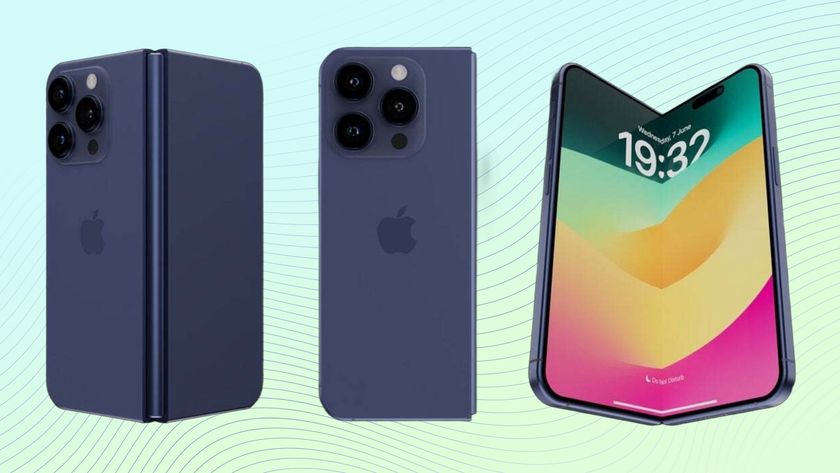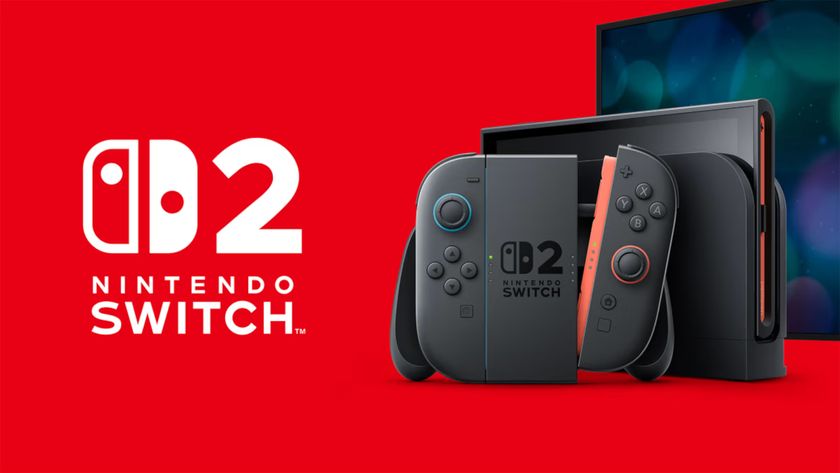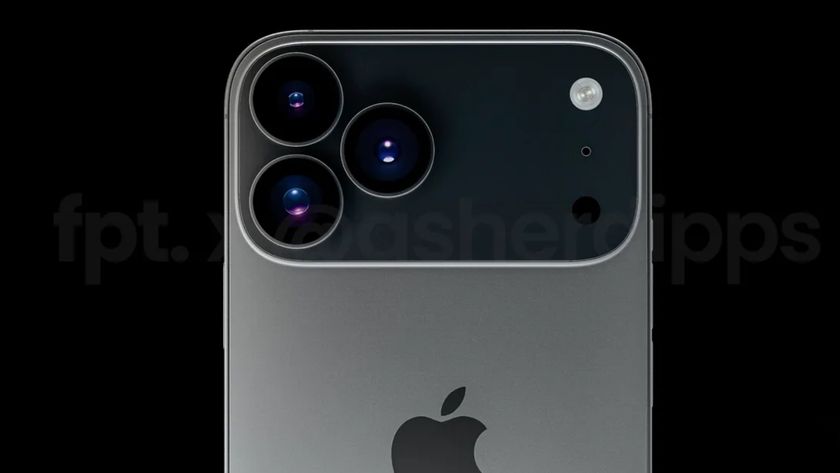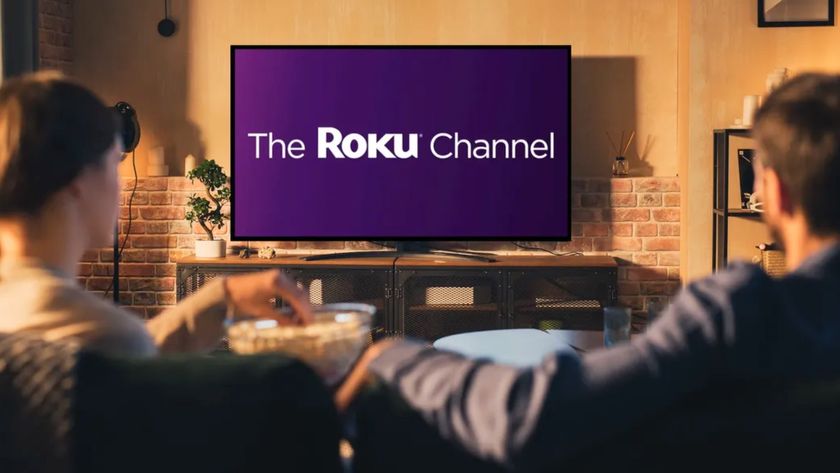Verizon, Google Announce Net Neutrality Proposal
There has been talk of some kind of net neutrality deal between Google and Verizon for about a week now. Yesterday, the search giant and Big Red finally spilled the beans to let us all in on what's been going on behind closed doors.

When word first got out about Google and Verizon's net neutrality talks, a lot of people assumed the worst. Yesterday, the two companies calmly told us to put away our 'Jump to Conclusions' mats, because they're opposed to slowing down, blocking or prioritizing wired Internet traffic, too. However, their announcement has done nothing to pacify those in favor of net neutrality.
The two stressed that this isn't a formal business deal; it's just a joint proposal they've put together to present to the FCC. So what's it all about? Well, Verizon and Google maintain that users should choose what content, applications, or devices they use, since "openness has been central to the explosive innovation that has made the Internet a transformative medium." So far, so good. They also agree that America must continue to encourage both investment and innovation to support the underlying broadband infrastructure. Again, so far, so good.
However, many are finding fault with the proposal, and the reason why lies within the the seven key elements of the policy, which were explained by lan Davidson, director of public policy at Google, and Tom Tauke, executive vice president of public affairs, policy, and communications at Verizon, yesterday.
"First, both companies have long been proponents of the FCC’s current wireline broadband openness principles, which ensure that consumers have access to all legal content on the Internet, and can use what applications, services, and devices they choose. The enforceability of those principles was called into serious question by the recent Comcast court decision. Our proposal would now make those principles fully enforceable at the FCC. Second, we agree that in addition to these existing principles there should be a new, enforceable prohibition against discriminatory practices. This means that for the first time, wireline broadband providers would not be able to discriminate against or prioritize lawful Internet content, applications or services in a way that causes harm to users or competition. Importantly, this new nondiscrimination principle includes a presumption against prioritization of Internet traffic - including paid prioritization. So, in addition to not blocking or degrading of Internet content and applications, wireline broadband providers also could not favor particular Internet traffic over other traffic. Third, it’s important that the consumer be fully informed about their Internet experiences. Our proposal would create enforceable transparency rules, for both wireline and wireless services. Broadband providers would be required to give consumers clear, understandable information about the services they offer and their capabilities. Broadband providers would also provide to application and content providers information about network management practices and any other information they need to ensure that they can reach consumers. Fourth, because of the confusion about the FCC’s authority following the Comcast court decision, our proposal spells out the FCC’s role and authority in the broadband space. In addition to creating enforceable consumer protection and nondiscrimination standards that go beyond the FCC’s preexisting consumer safeguards, the proposal also provides for a new enforcement mechanism for the FCC to use. Specifically, the FCC would enforce these openness policies on a case-by-case basis, using a complaint-driven process. The FCC could move swiftly to stop a practice that violates these safeguards, and it could impose a penalty of up to $2 million on bad actors. Fifth, we want the broadband infrastructure to be a platform for innovation. Therefore, our proposal would allow broadband providers to offer additional, differentiated online services, in addition to the Internet access and video services (such as Verizon's FIOS TV) offered today. This means that broadband providers can work with other players to develop new services. It is too soon to predict how these new services will develop, but examples might include health care monitoring, the smart grid, advanced educational services, or new entertainment and gaming options. Our proposal also includes safeguards to ensure that such online services must be distinguishable from traditional broadband Internet access services and are not designed to circumvent the rules. The FCC would also monitor the development of these services to make sure they don’t interfere with the continued development of Internet access services. Sixth, we both recognize that wireless broadband is different from the traditional wireline world, in part because the mobile marketplace is more competitive and changing rapidly. In recognition of the still-nascent nature of the wireless broadband marketplace, under this proposal we would not now apply most of the wireline principles to wireless, except for the transparency requirement. In addition, the Government Accountability Office would be required to report to Congress annually on developments in the wireless broadband marketplace, and whether or not current policies are working to protect consumers. Seventh, and finally, we strongly believe that it is in the national interest for all Americans to have broadband access to the Internet. Therefore, we support reform of the Federal Universal Service Fund, so that it is focused on deploying broadband in areas where it is not now available."
Though Google and Verizon no doubt think their proposal is the best way to approach net neutrality, the news that they want to ensure neutrality on it's wired networks but retain the right to control wireless networks has received negative responses from both the media and the every day user.
Engadget's legal expert, Nilay Patel, writes: "Verizon's basically agreeing to trade neutrality on its wired networks for the right to control its wireless network any way it wants -- apart from requiring wireless carriers and ISPs to be 'transparent' about network management, none of the neutrality principles that govern wired networks will apply to wireless networks."
Patel highlights how big of a deal this is by reminding us that it's all about wireless broadband these days, with the technology continuing to be a defining access technology for the next generation of devices and services.
Craig Aaron for the Huffington Post describes the deal as "even worse than advertised" and dubs the proposal "one massive loophole that sets the stage for the corporate takeover of the Internet."
Sign up to get the BEST of Tom's Guide direct to your inbox.
Get instant access to breaking news, the hottest reviews, great deals and helpful tips.
There's plenty of negativity in the comments under Google's posting, too.
Vishnu Gopal comments, "How exactly is wireless access different just because it is more competitive? Isn't this a tad hypocritical? Everything is net-neutral except our oh-so-precious Android/Verizon traffic. Geez!"
While Tracey Rosenberg writes, "What a sellout. Some Open Internet Coalition. Apply your principals to wireline and let wireless become the new capitalist wild west. Shame on you Google."
What do you think of Google and Verizon's proposal? Let us know in the comments below.
Read the full blog post here, or download the proposal itself here.
Jane McEntegart works in marketing communications at Intel and was previously Manager of Content Marketing at ASUS North America. Before that, she worked for more than seven years at Tom's Guide and Tom's Hardware, holding such roles as Contributing Editor and Senior News Editor and writing about everything from smartphones to tablets and games consoles.












-
Darkerson While Im glad they are willing to compromise on the wired networks, what they have planed for the wireless networks has me a little worried...Reply -
pocketdrummer Let the boycott begin. What's Microsoft's stance on Net-Neutrality? If they're for it, I might be switching over to bing.Reply -
hunter315 How are they figuring wireless is too much different from wired. The internet is the internet, it shouldnt matter if i get it through DSL, fiber optics, or radio waves, i still want all my stuff to get treated equally.Reply -
Azimuth01 sounds like Google wants to develop it's own competitive nationwide wireless network...but...before this can happen they want to make sure they maintain absolute control over their new project for the foreseeable future...just my $0.02Reply -
haunted one pocketdrummerLet the boycott begin. What's Microsoft's stance on Net-Neutrality? If they're for it, I might be switching over to bing.Reply
There are so few techies, compared to normal Google Search users, that any boycott by the technical community will have negligible impact. Something else will have to be done if Google doesn't compromise. -
Ramar Every day another End Of The World news story happens about something. Food, gas, net, whatever it may be, and does it ever happen?Reply
Obviously not.
So Verizon and Google want the ability to control their phone's traffic. Have they said how? No, all they said was that they want the option to if need be, and if it .
"In addition, the Government Accountability Office would be required to report to Congress annually on developments in the wireless broadband marketplace, and whether or not current policies are working to protect consumers." -
toxxel Additional, differentiated online services. So what I got out of this is they want to charge extra for services you could already get over normal service. I don't quite understand the gaming options, something like you get 250ms ping pay 5 extra you can get 50ms latency? My opinion on the gaming side is don't mess with it, since it's not broken. But I can understand the entertainment side, possibly offering movie premiers in your living room would be nice.Reply -
therabiddeer What is the difference between a wireless network and a wired network that it would constitute different rules? Is it not using the internet still? Isnt wireless supposed to be the future? If wireless is the future, and we dont have the same neutrality laws in place for the future then what is the point of having neutrality in place for today?Reply -
therabiddeer What is the difference between a wireless network and a wired network that it would constitute different rules? Is it not using the internet still? Isnt wireless supposed to be the future? If wireless is the future, and we dont have the same neutrality laws in place for the future then what is the point of having neutrality in place for today?Reply -
Dirtman73 I can't believe it took Tom's this long to finally post a story on this controversy. It's almost like they're having a hard time imagining Google being involved in something this shady.Reply
All of you Google fanboiz need to wake up and smell the greedy. They don't care about you. They care about maximizing profit. That's it.





